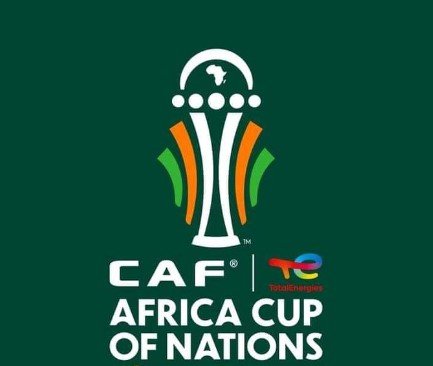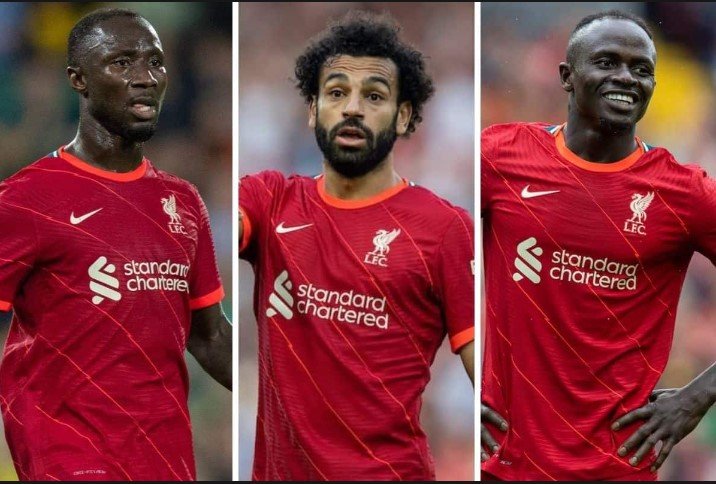In the 2021/22 English Premier League season, Liverpool’s Mo Salah was the joint top goal scorer. Both he and Tottenham’s Son Hueng-Min finished that season with 23 goals.
The Liverpool winger was seven goals shy of getting 30 for that season despite being unavailable to play for about a month. Why was Salah unavailable to play?
Because he was representing his country at the 2022 AFCON tournament.

The Egyptian finished that season as the joint-top scorer (23 goals) as well as bagging 13 assists as well. With this amazing performance, Salah was a very strong contender to win the EPL Player of the Season award.
However, he didn’t win it. The award went to Manchester City’s Kevin De Bruyne.
Salah missed 4 premier league matches for Liverpool as he aided Egypt to a 2nd-place finish at the 2022 AFCON tournament. Given his hot streak that season, if he was available for those 4 games, Liverpool’s number 11 would have certainly added to his goals and assists tally.
This would no doubt have increased his odds for the EPL Player of the Season award and quite possibly won it instead of Kevin De Bruyne. However, as the saying goes, ‘you can’t eat your cake and have it.’

This Mo Salah dilemma is one of the many problems that have occurred over the years with hosting the AFCON tournament in January-February.
I’ll share more details.
The month of January is the make-or-break period for clubs in major leagues across the world. Statistics have shown that the clubs that are at the top of the table by the end of January will most likely win it. At least 2 out of the 3 clubs in the bottom three by the end of January will get relegated. There are very few exceptions to this scenario.
Now imagine some of these clubs having to make do without a few of their key players during this crucial period. This is not a hypothetical situation but rather its reality since these teams inevitably have to release their African players to represent their country in AFCON (provided their country qualified).
Ouch.

Last year, Aurelio De Laurentiis, Napoli’s president said he would only bring in African players to the club provided they sign a waiver saying that they will not represent their country at AFCON. Many accused the 74-year-old of racism when he made this hardline statement. However, if you take everything into context, you can’t help but justify his stance.

Also, let’s look at it from the angle of revenue generation. It is expected that the organizers of AFCON will use various strategies to ensure their return on investment from hosting the tournament is optimal.
So why then are they competing with other major football leagues across the world for prime time by hosting the tournament in January-February?
They are and has always have been doing a huge disservice to themselves with this tournament schedule. It is evident to all that more people would be interested in watching AFCON if it were hosted during the summer.
Speaking of financial losses, it is important to note that clubs that have African players representing them also face a revenue drop during this AFCON window through the drop in ticket sales, sponsorships, etc because they are missing their key African players. So it’s a double whammy.

Now, let’s discuss arguably the greatest problem associated with the AFCON tournament: the physical and mental fatigue of players.
These players start the AFCON tournament on the back of an intense winter fixture schedule for their various clubs. They don’t get any rest whatsoever before it commences. How then is it expected for them to compete at their peak performance?

Then there is the issue of the very congested AFCON fixture list. Footballers are humans like everyone else, not robots. This issue further compounds their inability to give their best output during this tournament. There is also the increased risk of injury plus mental burnout.
This is the sad story of the AFCON tournament.
There are currently major changes being carried out and deliberated upon by football governing bodies across the world. For instance, the new UEFA Champions League format that will keep off next season and the updates to how VAR will be used.
Hopefully, the Confederation of African Football (CAF) will make the necessary changes to the scheduling of the AFCON tournament so it will become better for fans, players, and promoters alike.
Article updated 2 months ago. Content is written and modified by multiple authors.





